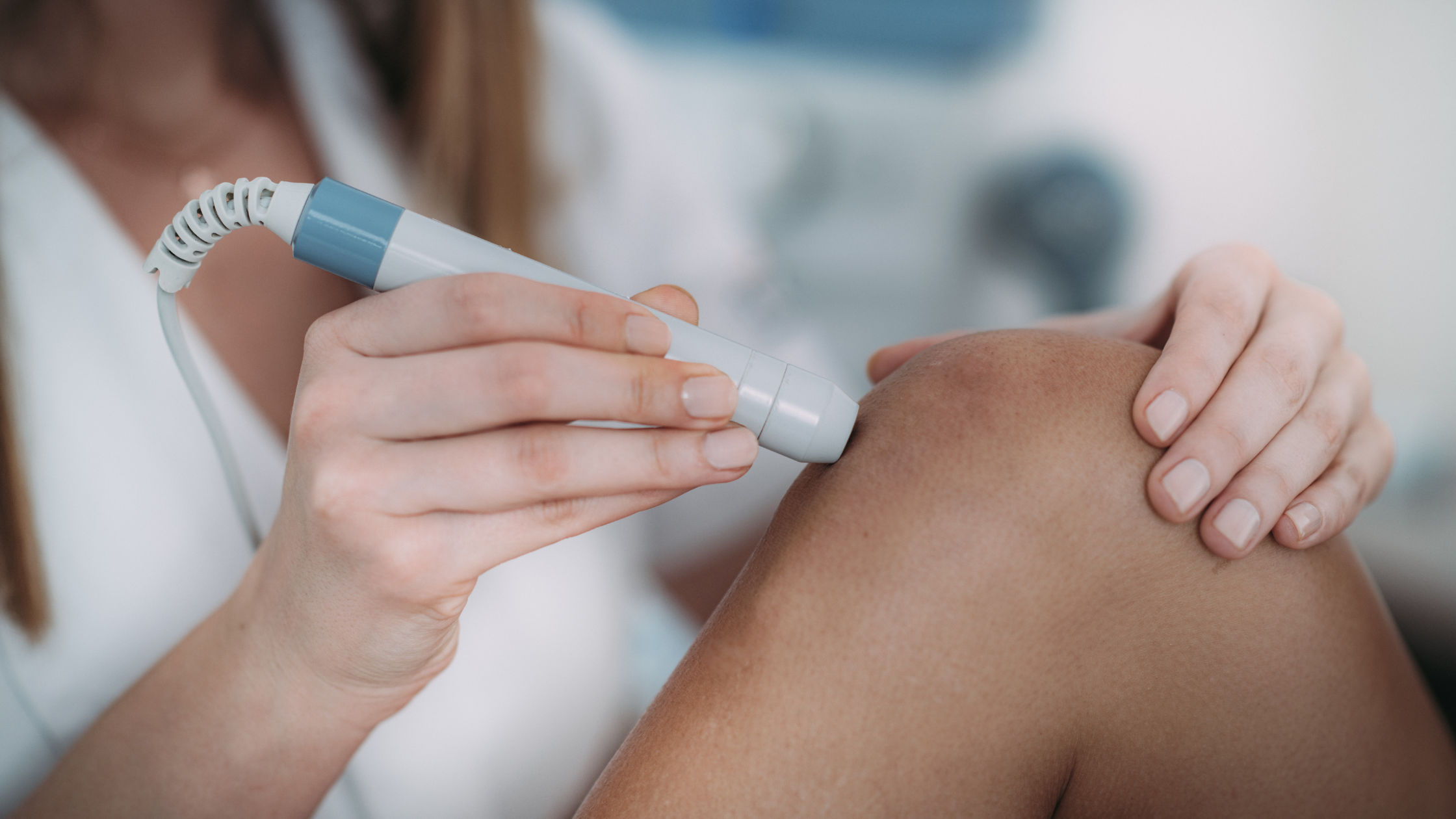
09 Nov Class IV Laser For Rotator Cuff Injuries
The Class IV Laser is a type of high-powered therapeutic laser that is used in the treatment of various musculoskeletal conditions, including rotator cuff injuries. The laser works by delivering a focused beam of light energy to the affected area, causing a biological response within the tissues.
In the case of a rotator cuff injury, the laser can help to reduce pain, inflammation, and swelling in the shoulder joint. It also promotes tissue regeneration and healing by increasing blood flow to the area and stimulating the production of collagen, a protein that is essential for tissue repair.
During a laser therapy session, the patient will typically lie down or sit comfortably, while the laser is applied directly to the skin over the affected area. The laser is usually moved in a sweeping motion to ensure that all areas of the rotator cuff are treated. The duration of the treatment will depend on the severity of the injury and the patient’s specific needs.
The Class IV Laser is considered to be a safe and effective treatment option for rotator cuff injuries. It is non-invasive, painless, and does not require any anesthesia or medication. Many patients report significant pain relief and improved range of motion after just a few laser therapy sessions.
It is important to note that laser therapy is usually used in conjunction with other
treatment modalities, such as physical therapy exercises and medication, for optimal results in the treatment of rotator cuff injuries. A comprehensive treatment plan, tailored to the individual patient’s needs, will be developed by the healthcare provider to ensure the best outcomes.
Contact Island Rheumatology and Osteoporosis, PC Today!
Overall, the Class IV Laser can be an effective tool in the treatment of rotator cuff injuries. It can help to alleviate pain, reduce inflammation, and promote tissue regeneration, ultimately aiding in the healing process of the injured shoulder. If you are experiencing symptoms of a rotator cuff injury, it is best to consult with a healthcare professional who can properly diagnose your condition and recommend appropriate treatment options, including laser therapy if deemed beneficial for your specific situation.
Disclaimer: The information provided above is for informational purposes only and is not intended as a substitute for professional medical advice, diagnosis, or treatment. Always seek the advice of your physician or other qualified health provider with any questions you may have regarding a medical condition.

